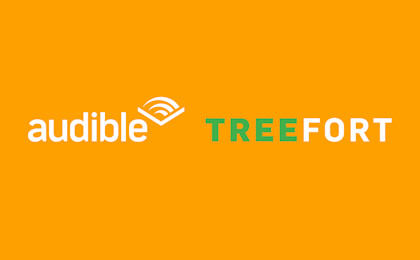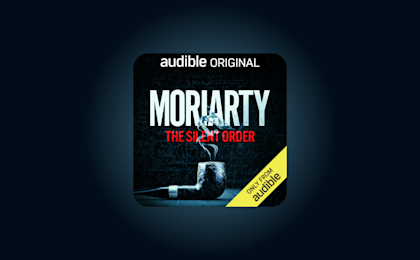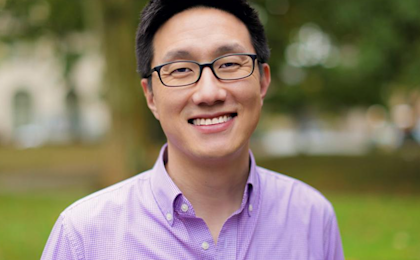Audible’s "Recoding History" Gives Voice to the Women of Computing History
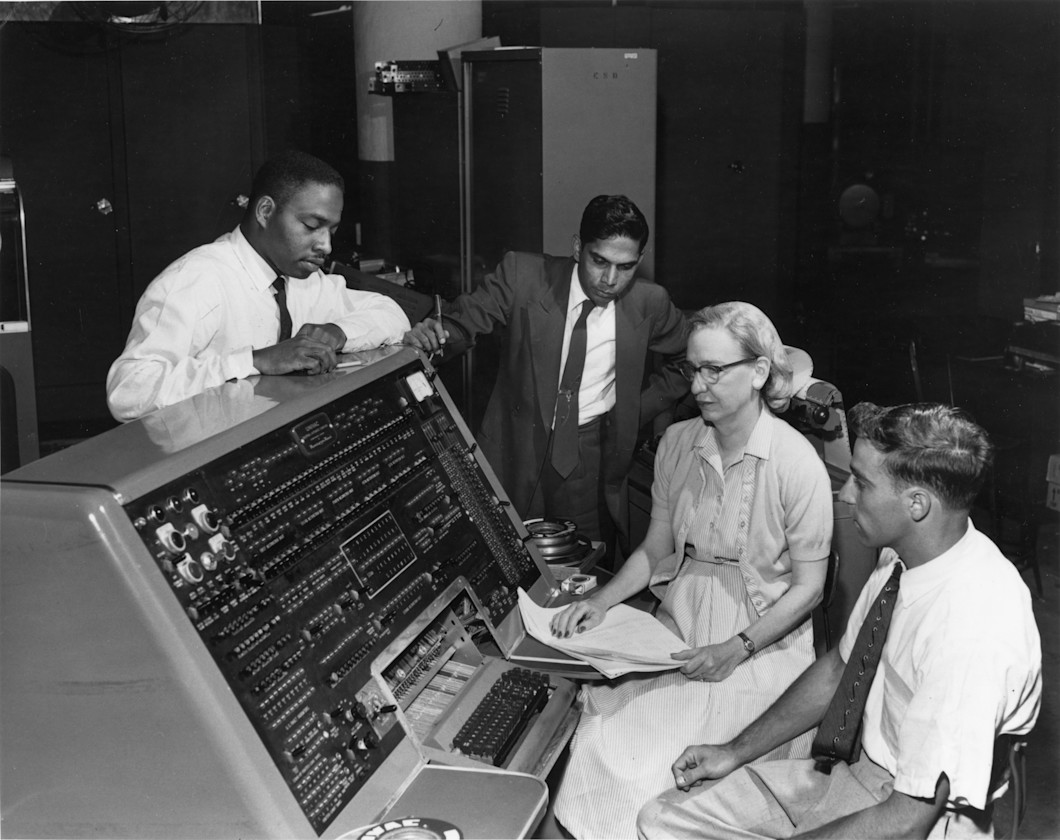
“We cannot be what we cannot see.” Reshma Saujani has turned this quote from Children’s Defense Fund founder Marian Wright Edelman into a mantra. Saujani’s nonprofit, Girls Who Code, seeks to increase the number of women in computer science, and representation is central to this mission. Which is why she was excited for the opportunity to host the Audible Original Recoding History: Audacious Women Who Shaped our Digital World.
Over the course of 10 episodes, Saujani takes listeners on a nearly century-long journey through the world’s biggest innovations in computing, from the point of view of the women behind them. The lineup includes Grace Hopper, creator of one of the first high-level programming languages; Jean Bartik of the ENIAC Six, a group of women recruited to program, from scratch, one of the earliest digital computers; Dr. Evelyn Granville, the trailblazing Black mathematician whose work was critical to the success of NASA’s Apollo program; Fei Fei Li, co-director of Stanford’s Human-Centered AI Institute; and many more.
The idea for the project came to Audible via the Computer History Museum, which, for about fifty years, has been collecting and preserving artifacts of computing history as it unfolds in real time. These artifacts include a vast, ever-growing archive of first-person accounts from trailblazers, inventors and visionaries. Says Kirsten Tashev, the museum’s chief curatorial and exhibitions officer, “We knew we had all these great oral histories and interviews, and we knew Audible could use them to tell a great story about the women whose work drove the computing revolution throughout the decades.”
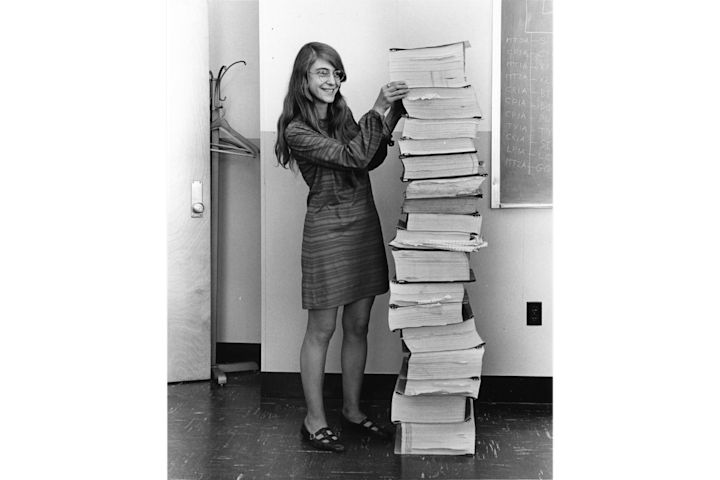
Audible’s executive producer Ann Hepperman immediately tapped Treefort Media to produce the project. “Treefort does so much amazing work with Audible,” she says, such as the hit Originals, Moriarty: The Devil’s Game and Moriarty: The Silent Order. “We knew they would make a wonderful combination with the Computer History Museum.”
Treefort co-founder Lisa Ammerman and her team of producers were inspired by the museum’s archives and brought together a team of journalists to sift through dozens of hours of recordings, outline a script, and conduct additional interviews. They worked closely with the museum to represent the women as accurately as possible, ensuring the stories conveyed each woman’s sense of humor, as well as “the twists and turns, the hurdles and tragedies, so there’s a pay-off and you think, ‘wow, that was a journey!’” says Ammerman.
From the start, the team was thinking of the right host for the series, someone who would serve as a champion for the voices. The obvious choice was Saujani, with whom Audible’s Women in Tech impact group has worked to provide mentoring for Girls Who Code. “In my mind, Reshma is more than just a host, she’s enthusiastic about the stories as she takes us through them,” says Hepperman, who adds that Saujani brings her own point of view and personal stories to the piece.
We knew we had all these great oral histories and interviews, and we knew Audible could use them to tell a great story about the women whose work drove the computing revolution throughout the decades.
In each episode, listeners are treated to fascinating, often funny stories, in the women’s own voices, of the unprecedented challenges they were presented and their solutions. Grace Hopper tells of a day in 1947, when the Harvard Mark II machine she was working on went haywire, until they reached in and pulled a moth from between relay contacts—the first actual “bug” to cause a headache for programmers.
The stories also serve as necessary corrections to the historical record, from which women were excluded. Jean Bartik recounts how, in 1946, she and the other women whose work made the military’s ENIAC computer a success weren’t invited to its celebration or included in press coverage. “These women weren’t on the periphery,” says Saujani. “They were at the center of it.” She emphasizes that Recoding History is a chance for girls and women to see that they have been making computer history all along, and that they belong in the field today.
Representation is a subject close to Audible’s heart. As CEO Bob Carrigan shares about the title, “I think about how we inspire inclusion at Audible by elevating stories that not only entertain, but educate, uplift, and ensure all of us are heard. Recoding History shows the power of sharing important stories and serves as a reminder that inclusion and innovation go hand-in-hand.”
Saujani reiterates this point. “When we feel like we’re not good enough or not given the opportunity or are counted out, we can literally put on our earbuds and listen to these stories and say, ‘I’m not going to give up. No one can count me out’.”

